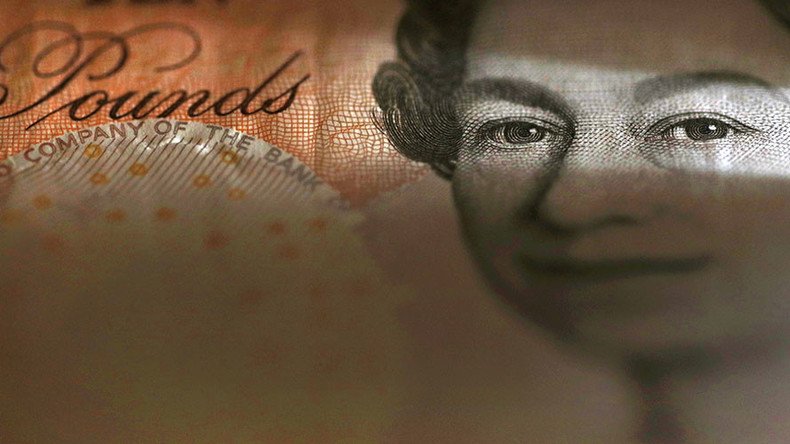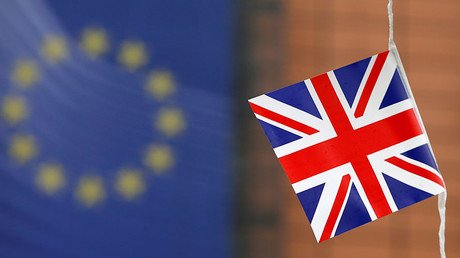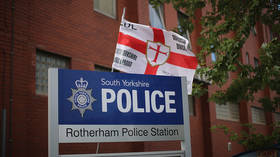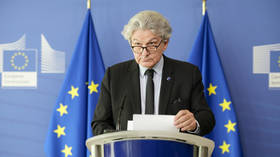Taste of things to come? Investors dump billions in British assets as Brexit vote looms

Billions of pounds have been shifted out of the British economy by investors in the last few months. Chancellor George Osborne said this is “just a taste of things to come” if the public votes to leave the EU on June 23.
According to figures published by the Bank of England (BoE) in its monthly banking statistics, some £65 billion (US$94.7 billion) either left the UK or was converted into other currencies in March and April—the largest amount since early 2009, when the UK was in the throes of the global financial crisis.
The data, first cited by Sky News, reveal most of the money— £59 billion— left the country in March.
In tandem with the pound’s steady depreciation (the sterling hit a three-week low on Tuesday) the BoE’s figures indicate investors may be taking concerns over the economic consequences of a potential Brexit seriously.
In the six months to the end of April, some £77 billon left the sterling system, compared to just £2 billion in the six months to the end of October 2015, according to the broadcaster.
‘Remain’ campaigners have seized on the findings as evidence of investor panic at the prospect of a Brexit. The BoE itself has repeatedly warned of the economic risks leaving the EU pose.
READ MORE: The Big Brexit Short: Hedge funds’ exit polls could move markets & predict outcome
“Financial markets are telling us what all the evidence shows: that Britain will be permanently poorer if we vote to leave the EU and the single market,” Osborne said in response to the figures.
“If we vote to leave, what we are seeing now is just a taste of things to come,” he said.
“If we vote to remain, the British economy can go from strength to strength.”
Former Foreign Secretary William Hague said the figures provided “very important evidence of the danger to the economy” posed by a Brexit.
Mark Carney, Governor of the Bank of England, has made clear: leaving Europe could mean recession. #ITVEURefhttps://t.co/azKuJy108v
— Stronger In (@StrongerIn) June 7, 2016
Others argue the £65 billion decline was due to clients of British banks taking out insurance against the large drop in the sterling.
“Any serious economist will tell you that the pound is up against the dollar since February, and the UK’s foreign exchange reserves have increased this year,” Conservative MP and Brexit supporter John Redwood said.













